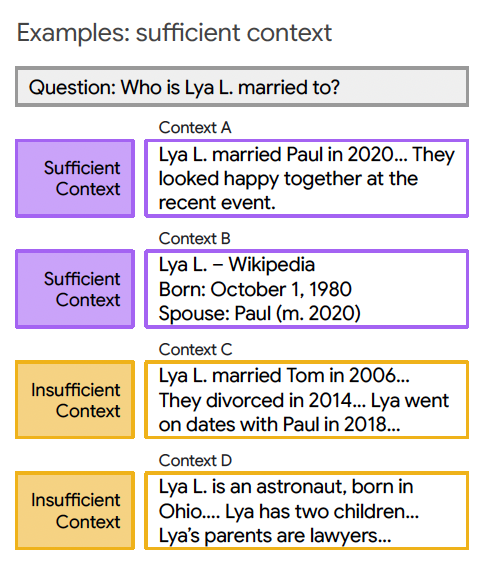
In a statement posted on its website this week, the Railroad Commission of Texas (RRC) said it recently crossed a milestone in one of its key instruction programs, “training more than 300 employees in Phase I of the agency’s Boots on the Ground initiative”.
The RRC noted in the statement that the goal of the program is to bring more consistency across all the agency’s oil and gas districts in how to apply commission rules and processes, “improving efficiency in the RRC’s day to day operations to protect Texans and the environment”. Phase I of the initiative is named ‘Introduction to Statewide Rules’ and covers the rules that inspectors and technical staff primarily deal with in the field, the RRC highlighted in the statement.
“This program brings clarity and understanding to the rules which helps inspectors do their job well,” Dana McClendon, the division trainer with the RRC’s Oil and Gas Division, said in the statement.
“Our goal is to make sure everyone leaves more confident to do the inspections the state relies on to ensure operators are complying with safety regulations,” McClendon added.
In the statement, the RRC said the training’s in-depth discussion of rules and collaborative classroom environment helps inspectors understand how their field work can have a lasting impact. The organization added that, “through robust training initiatives like Boots on the Ground”, the RRC “supports responsible energy production, helping the state generate billions of dollars in tax revenue”.
In a statement posted on its site back in February 2019, the RRC announced the launch of its “first ever new inspector training school – Boots on the Ground”.
That statement noted that this training “will focus on new oil and gas inspectors with less than two years tenure at the RRC” and said the school “will ensure inspectors have a clear understanding of the agency’s inspection process, oil and gas rules and necessary technical knowledge to provide consistent enforcement across Texas”.
The RRC revealed in that statement that its first scheduled week-long training school started on February 4, 2019, in the commission’s Kilgore District Office. The RRC pointed out in that statement that it had 158 authorized oil and gas inspector positions.
“Currently 75 inspectors have less than two years’ experience at the RRC and will be required to attend Boots on the Ground training,” the organization noted at the time.
“Curriculum includes a review of the commission’s oil and gas rules and in the field mock exercises for inspections and responding to spills and complaints,” the RRC added in that statement.
RRC’s Executive Director Wei Wang said in the February statement, “protection of public safety and our environment is the commission’s highest priority, and our oil and gas inspectors are on the frontline 24/7 across Texas carrying out this mission”.
“We are taking many steps to invest in our employees. Boots on the Ground establishes a core curriculum statewide to ensure consistent and accurate application of our rules among all district offices,” Wang added at the time.
The RRC notes on its site that it is the state agency with primary regulatory jurisdiction over the oil and natural gas industry, pipeline transporters, natural gas and hazardous liquid pipeline industry, natural gas utilities, the LP-gas industry, critical natural gas infrastructure, and coal and uranium surface mining operations.
The site states that the commission exists under provisions of the Texas Constitution and exercises its statutory responsibilities under state and federal laws for regulation and enforcement of the state’s energy industries. The RRC also states on its site that it has regulatory and enforcement responsibilities under federal law including the Surface Coal Mining Control and Reclamation Act, Safe Drinking Water Act, Pipeline Safety Acts, Resource Conservation Recovery Act, and Clean Water Act.
According to its mission statement, which can be found on the RRC’s site, the organization’s mission is “to serve Texas by our stewardship of natural resources and the environment, our concern for personal and community safety, and our support of enhanced development and economic vitality for the benefit of Texans”.
To contact the author, email [email protected]





















